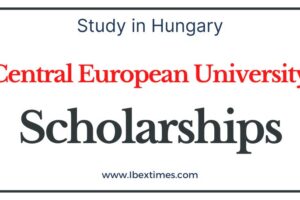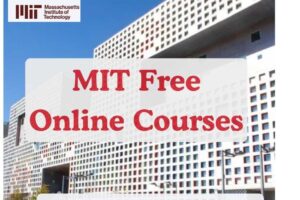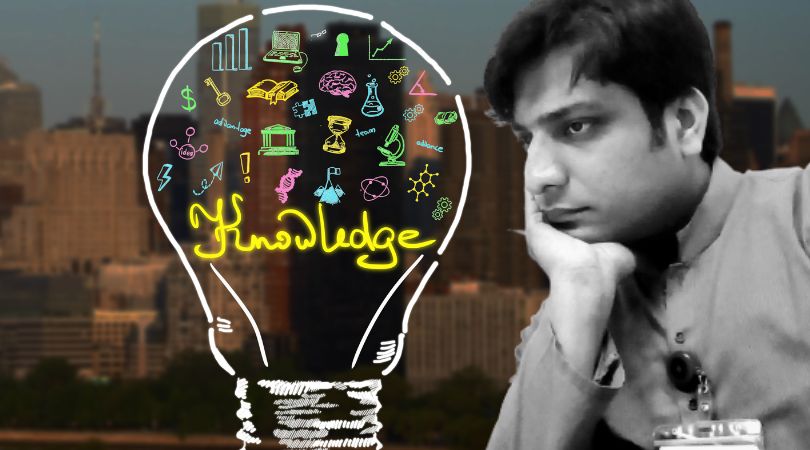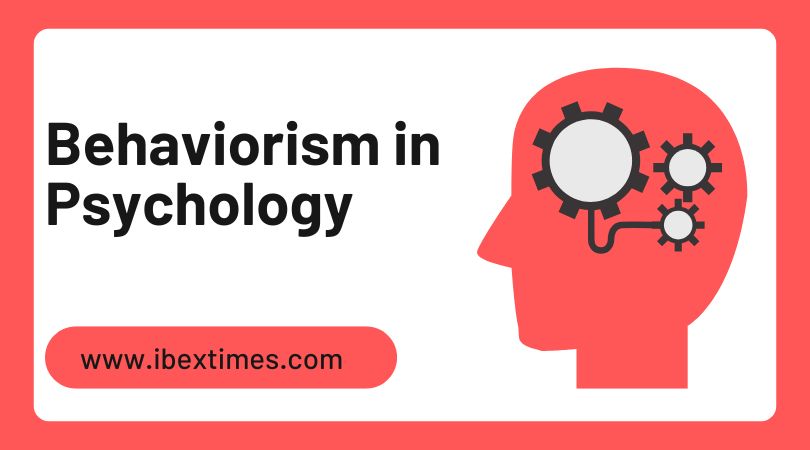By Dr Muhammad Zohaib Hanif
Educational examinations serve various objectives, including evaluating a range of cognitive skills taught within the classroom, determining a student’s eligibility for progression to the next grade. These cognitive skills, when acquired in the classroom, enable students to influence the future of a nation in practical ways.
The approach to planning classroom instruction can vary from one teacher to another. However, the most widely practice adopted by teachers worldwide for lesson preparation is Bloom’s Taxonomy.
Devised by Benjamin Bloom in 1956, Bloom’s Taxonomy aids educators in nurturing students’ cognitive skills, ranging from acquiring and retaining information to generating innovative ideas. As outlined in Bloom’s Taxonomy, there are six cognitive stages involved in the development of language and thought: remembering, understanding, applying, analyzing, evaluating, and creating.
In Pakistan, both the public and private sector schools often claim to implement of Bloom’s Taxonomy in lesson planning, teaching, and assessment. However, the reality often diverges from these claims. It’s commonly observed that teaching and assessing superficial knowledge, particularly in the field of social sciences, prevail across grades. For instance, typical questions posed to students in both formative and summative academic assessments tend to revolve around factual recall, such as:
- What was Quaid-e-Azam Muhammad Ali Jinnah’s birthdate?
- What was the name of Quaid-e-Azam’s second wife?
- How many sons did Harun al-Rashid have?
- How many books did a particular author write?
- When was Sir Syed Ahmad Khan born?
- What is person X renowned for?
This emphasis on rote memorization often tends eclipse the deeper critical thinking and the practical application of knowledge, which are the core goals that Bloom’s Taxonomy seeks to cultivate. These types of questions do not encourage higher order thinking skills;; instead, they tend to promote memorization and a reliance on rote learning among students.
Just imagine the implications of an entire generation being exclusively taught and evaluated based on their ‘ability to recall’ only.’ What contributions can we anticipate from such a generation towards the betterment of the nation? While the acquisition of information is important, it is equally vital to cultivate higher order cognitive abilities. Simply focusing on memorization does little to foster intellectual growth in students.
This article discusses the teaching and assessment trends within Pakistan, exploring four key inquiries outlined below:
- Within what context does the Qur’an emphasize the significance of ‘Aql’ (intellect)?
- What characterizes the examination processes for ’employment’ in Pakistan?
- How do government and private schools differ in the administration of examinations?
- Identifying those who may be left behind and offering recommendations for enhancing ‘cognitive skills.’
While the acquisition of information is important, it is equally vital to cultivate higher order cognitive abilities. Simply focusing on memorization does little to foster intellectual growth in students.
Dr Muhammad Zohaib Hanif
1. Quran and intellect
Holy Quran underscores emphasizes using intellect (Aql) in several instances. Throughout the Quran, the term ‘Aql’ has been associated with people of knowledge. Additionally, various words like ‘Tafakur’ (contemplation), ‘Tadabbur’ (thinking with patience), ‘Idrak’ (realization), and ‘Al-Bab‘ are employed to signify intellect. For example, at one place, the Quran says, “And those who heed advice are the ones of wisdom.” (Al-Baqarah: 269).
Similarly, at another place in Quran, Allah Almighty says, “In the birth of the earth and the heavens and in the alternation of night and day, there are many signs for those who understand.” (Al-Imran: 190).
At one point, with reference to the people of hell, Quran says, “And they will say that if we had heard or understood, we would not have been among the people of Hell.” (Al-Mulk: 10).
In his renowned work ‘Ahyaya Uloom al-Ghazali,’ Imam al-Ghazali makes reference to numerous hadiths (sayings of the Prophet PBUH) concerning the intellect. For instance, he cites a hadith stating, “Allah Almighty has not created anything superior to the intellect” (Maulana Nadeem Al-Wajdi, Vol. I, p. 148, Dar al-Sha’at, Karachi, Sun Darhad).
He also references another Hadith involving Hazrat Anas (may Allah be pleased with him), “Some individuals highly praised a person in the presence of the Prophet (peace be upon him). The Prophet inquired, ‘What about this person’s intellect?’ The people responded, ‘We are discussing his dedication, worship, and virtuous deeds, and you inquire about intellect? The Prophet said, “Because of one’s ignorance, an individual commits more mistakes than the Fajr prayer? On the Day of Resurrection, individuals will ascend in ranks near Allah in accordance with their intellect” (Ahyaya Uloom, Vol. I, p. 141-142).
We can infer from the above mentioned hadiths and Quranic verses that while worship and virtuous deeds hold significance, the comprehension of knowledge and its practical application in daily life takes precedence. It was through the utilization of intellect that humanity achieved the remarkable feat of landing on the moon which would not have been accomplished otherwise.
Landing on moon became attainable as man cultivated an in-depth understanding of the nature followed by the application of that knowledge to make further advancement. Thus a society characterized by such an approach will emerge only if young individuals (students) encouraged to address questions that require higher-order thinking in their daily lives, within the classroom, and during both internal and external examinations.
The current examination system predominantly evaluates students based on rote memorization rather than profound learning.
Dr Muhammad Zohaib Hanif
An example of such a question could be: “Explain the factors contributing to the absence of a research institute in the Muslim world similar to the historical Baitul-Hikmat in Baghdad.”
2. Nature of Civil Service Examinations in Pakistan
In our country, even in competitive written exams like those conducted by the Public Service Commission, the candidates are primarily assessed on ‘ability to recall’. The greater the amount of information a candidate possesses, the higher their chances of being shortlisted for an interview, which can lead to elevated positions within the civil service. These examinations are not designed to gauge students’ higher-order cognitive abilities.
It is a common observation that the same types of questions are given in these examinations for decades.
3. Books available in the market
The study materials available in the market for written exam preparation predominantly contain extensive ‘information to be memorized.’ For instance, a renowned exam preparation book in Pakistan named “Who is Who and What is What” primarily comprises a wealth of factual data. This book is immensely sought after by candidates preparing for CSS, FPSC, and various other civil service examinations.
There are hardly any resources available that can assist candidates in preparing for these exams with an in-depth understanding and the cultivation of advanced cognitive abilities.
Majority of educational institutions in our case rarely instruct students to consistently consider the following fundamental aspects:
1. Once they have acquired knowledge and comprehension, how can they effectively ‘apply’ it in real-life situations?
2. How can they ‘analyze’ something by breaking it down into its constituent elements?
3. How do they arrive at a conclusive decision after scrutinizing or evaluating all relevant criteria?
4. How can they effectively engage in ‘diagnosis’?
4. Lastly, how can they articulate a fresh perspective, and so forth.
4. B.Ed. and M.Ed. degrees
It’s worth noting that professional development degree programs, such as Bachelor of Education (B.Ed.) and Masters of Education (M.Ed.), increasingly put emphasis on deep learning and authentic assessment. Nevertheless, teachers holding these degrees rarely integrate the knowledge they’ve acquired into their everyday lesson planning, classroom instruction, and the development of academic assessments.
The way students are taught plays a pivotal role in shaping their development. When students are consistently encouraged to accumulate knowledge and excel in competitive exams, this pattern persists. Anticipating creativity or productivity from a generation caught in this cycle of memorization and its recall be impractical.
5. Exam Impact on Stakeholders
An observation has been made that students who have received their education in public sector institutions often secure significant government positions, all due to our examination system. Conversely, individuals who have been educated in private school systems, such as the ‘Cambridge school system,’ tend to lag behind. The underlying reason is straightforward: the teaching methodologies employed by Cambridge and certain private schools markedly differ from those of public institutions.
Private school systems do not solely depend on imparting information; their approach to lesson planning and classroom instruction is founded on addressing all tiers of Bloom’s Taxonomy. Teachers in these schools educate and evaluate students with consideration to various levels of cognitive development, both in internal and external examinations. Their excel in higher-order thinking skills but possess average memorization abilities often find themselves at a disadvantage.
The current examination system predominantly evaluates students based on rote memorization rather than profound learning. Consequently, students of private schools may opt to pursue opportunities abroad, secure positions in prestigious roles, or seek employment in the private sector. This also implies that our most valuable human resources remain untapped and are not provided with equitable opportunities to make meaningful contributions to societal development.
In Islam, while worship and virtuous deeds hold significance, the in-depth understanding and its practical application in daily life takes precedence.
Dr Muhammad Zohaib Hanif
6. Suggestions for Improvement
Educators should organize training programs for teachers that prioritize the cultivation of higher order thinking skills moving beyond the narrow focus on information retention. Teachers should be guided on how to integrate deep learning principles and its evaluation into their lesson planning processes. This approach will enable students to apply their knowledge and comprehension effectively in practical situations, thereby addressing real-life challenges in their daily lives.
7. Development of Examination Papers
Teachers play an important role in the realm of educational assessment. It is important that they receive training in developing well-structured student achievement tests. These assessments should include a range of cognitive levels as outlined in Bloom’s Taxonomy, encouraging students to engage in higher-order thinking processes.
Encouraging thoughtful responses yields more beneficial outcomes than mere regurgitation of memorized content.
8. Examinations for Employment
Implementing a standardized written test format in line with authentic assessment for job applicants would promote inclusivity by eliminating any potential bias. This approach encourages participation from a broader spectrum of individuals, leading to the emergence an excellent assets beneficial for country and its people.
According to the Economic Survey 2020-21, the literacy rate of Pakistan is around 63% which also includes people who can read newspapers. Our education system is standing at the crossroad where we cannot test the higher order cognitive skills of the students. There are many aspects of education, considering which the future architects can be prepared.
As per the Economic Survey 2020-21, Pakistan’s literacy rate stands at approximately 63%, which also includes individuals able to read newspapers. The country’s education system currently faces a critical juncture where assessing students’ higher-order cognitive abilities is not less than a challenge.
In the realm of education, numerous factors come into play. It’s up to us to determine the qualities we aim to cultivate in the future architects of our society.
The writer is a PhD in Islamiat and has been associated with education sector in multiple roles for the past fifteen years. He can be contacted on Facebook ID FB/zohaib.zaibi.77.














